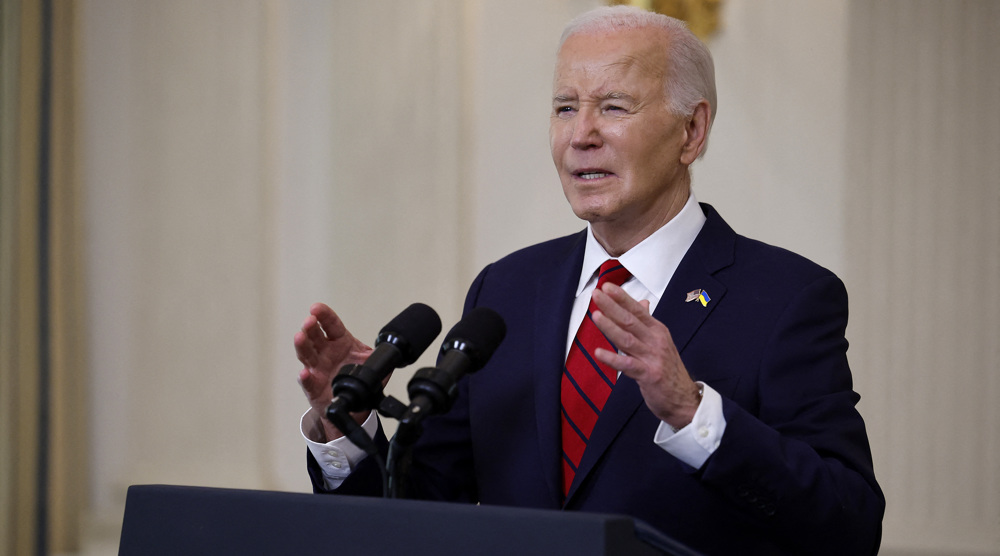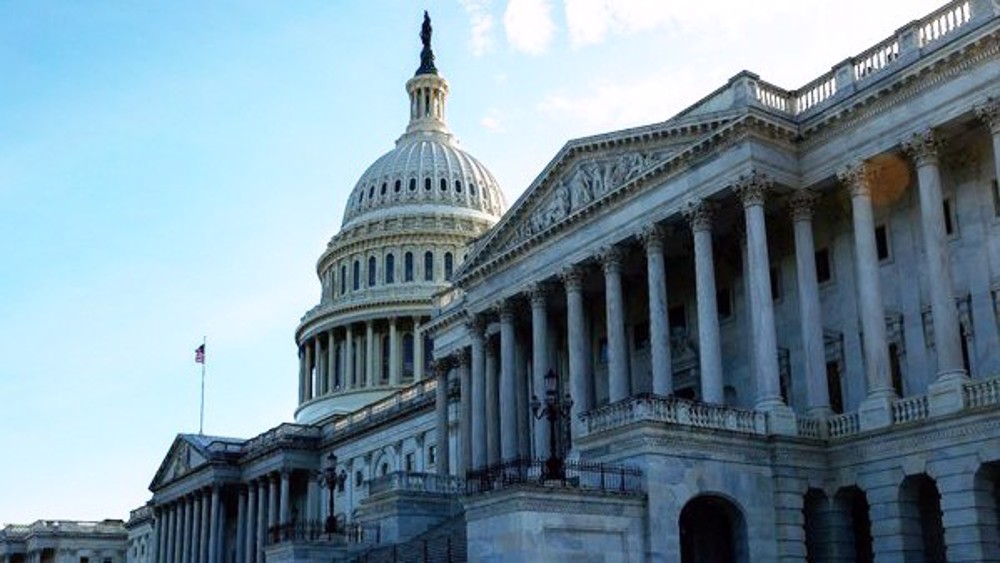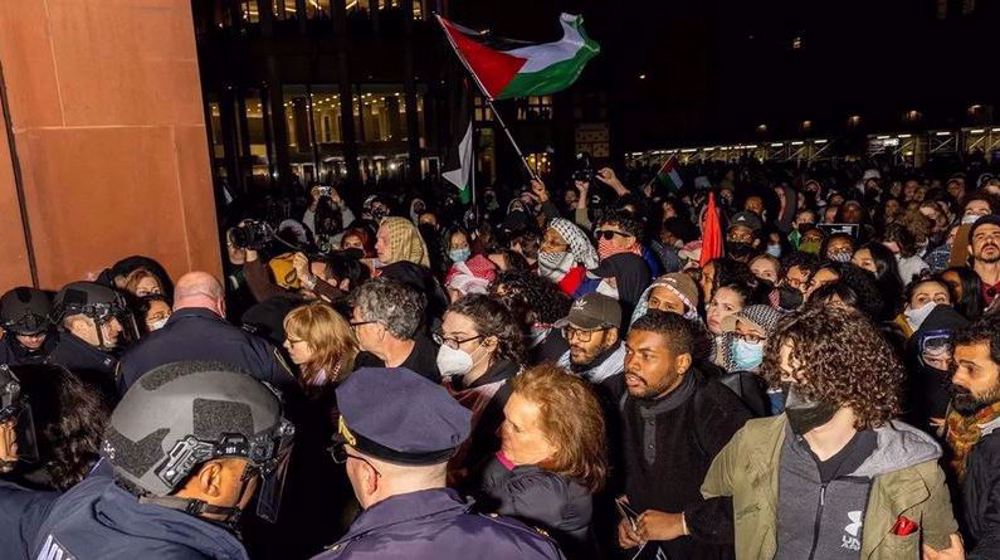Trump attacks China’s economic, military policies
US President-elect Donald Trump has stepped up his rhetoric against China, criticizing Beijing’s economic policies as well as it military presence in the South China Sea.
In a Twitter outburst on early Monday, Trump accused China of devaluing its currency and building a “massive” military complex.
“Did China ask us if it was OK to devalue their currency (making it hard for our companies to compete), heavily tax our products going into their country (the US doesn’t tax them) or to build a massive military complex in the middle of the South China Sea? I do not think so!” he ranted in multiple tweets.
The attacks were nothing new as Washington has already accused China of such measures over the past years.
Devaluation of yuan, for example, has always been viewed in Washington as an unfair move that favors Chinese exporters at the expense of their foreign competitors.
The US has also accused China of conducting a land reclamation program in the South China Sea and “militarizing” reefs and islands that are claimed by several other countries neighboring the disputed waters.
Washington has pushed the envelope even further, challenging China’s sovereignty claims over most of the South China Sea by sending warships to the sea, which serves as a gateway for trillions of dollars in annual maritime trade.
What makes Trump’s recent jab significant, however, is that it came shortly after he risked China’s wrath by talking to Taiwan’s leader, marking a clear breakaway from Washington’s years-long political correctness in addressing the Beijing-Taipei conflict.
Trump and Taiwanese President Tsai Ing-wen talked over the phone on Friday, a move that made the New York billionaire the first US president or president-elect to hold a conversation with Taiwan’s leader since America unilaterally severed ties with the territory in 1979.
China deems Taiwan as a breakaway province. Upon the beginning of Tsai’s presidential term in May, Beijing urged her to acknowledge that Taiwan was part of “One China.”
Ever since a 1972 meeting between then US President Richard Nixon and his Chinese counterpart Mao Zedong, Washington has adopted the “One China” policy, with former President Jimmy Carter officially declaring Beijing the only government of China in 1978. The US government closed its embassy in Taipei the following year.
Iran, Russia sign MoU to strengthen security cooperation
VIDEO | Iran marks defeat of US military operation in Tabas Desert
VIDEO | Press TV's news headlines
US troopers crack down on pro-Palestinian protests at University of Texas
VIDEO | German warship departs Red Sea as EU 'naval mission' fails
VIDEO | Palestinians inspect rubble of destroyed building in Rafah
Yemeni forces strike US, Israeli vessels in fresh pro-Palestinian operations
‘Say no to Biden’: US college being pressed not to endorse genocide










 This makes it easy to access the Press TV website
This makes it easy to access the Press TV website